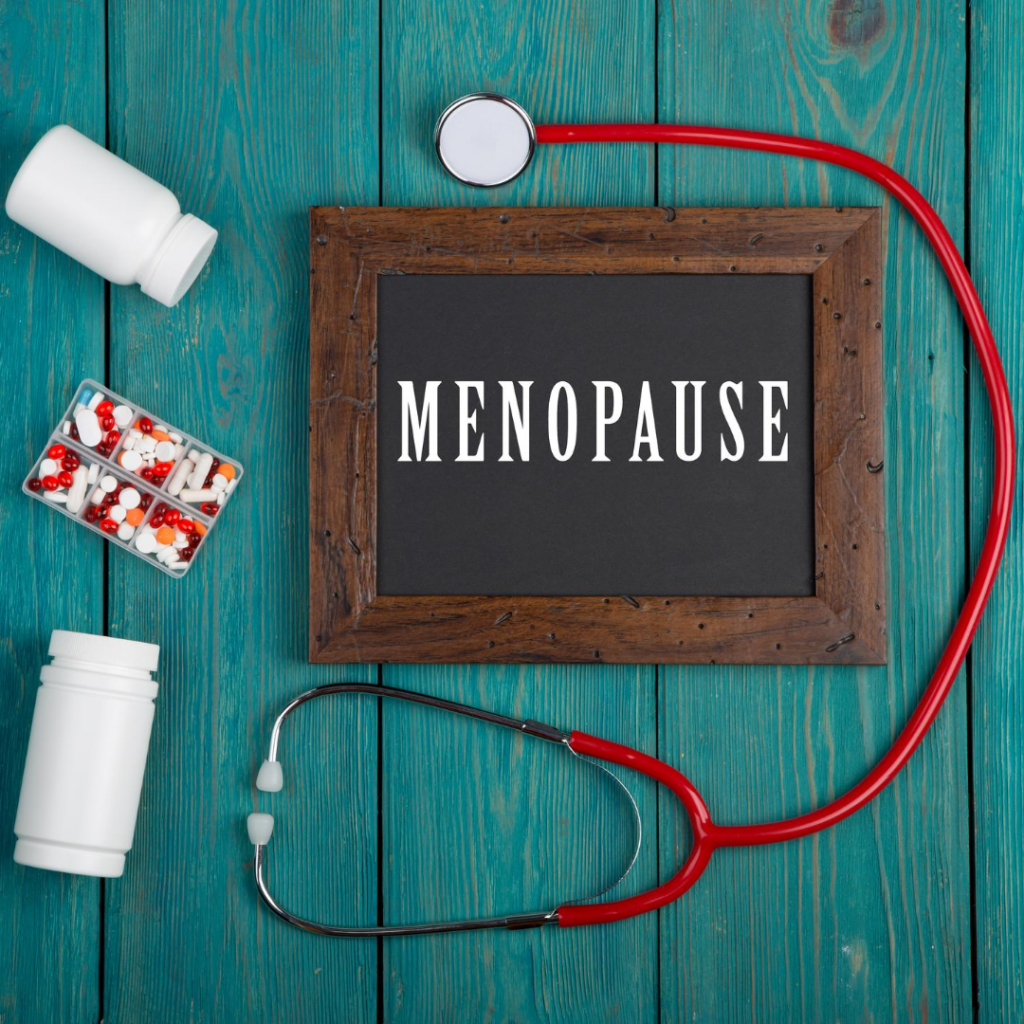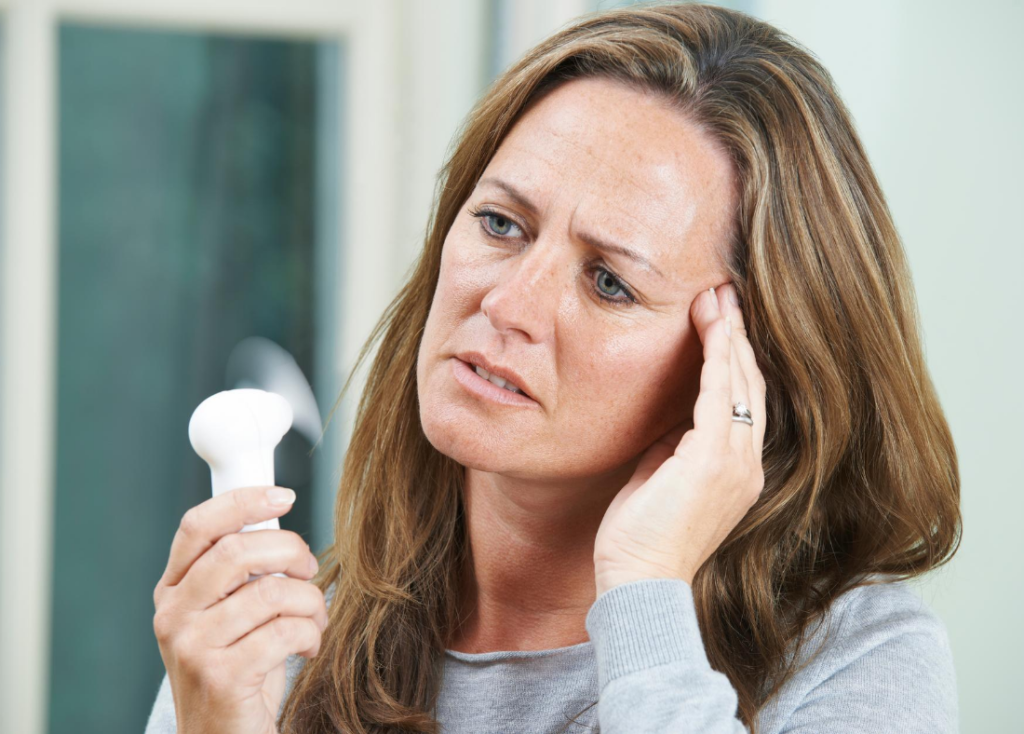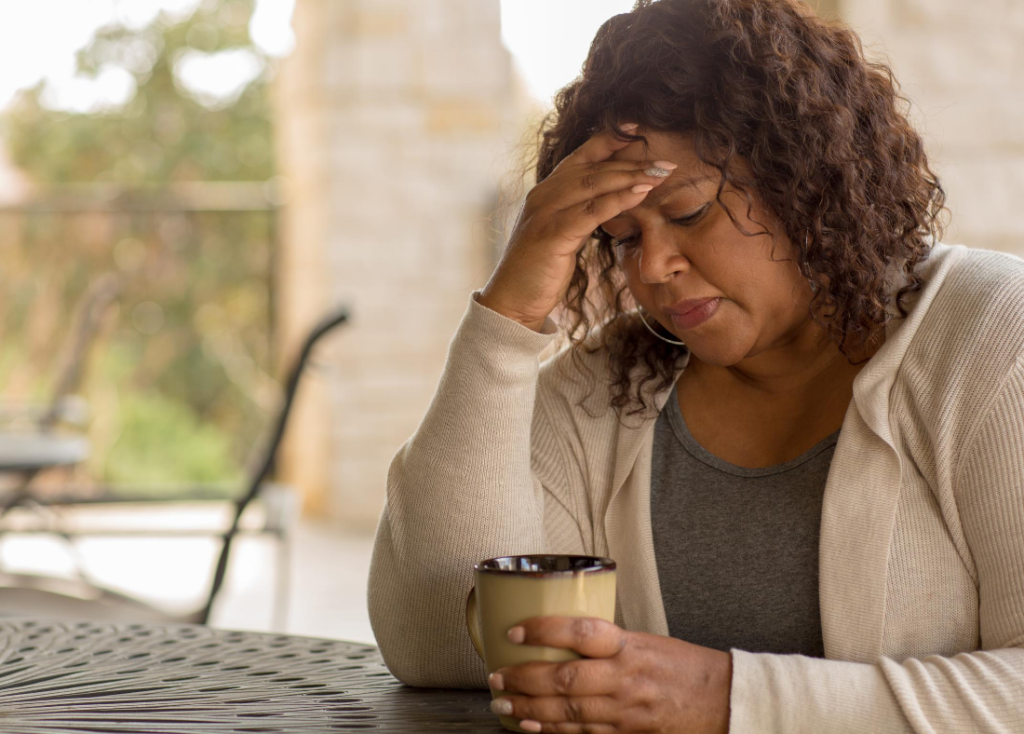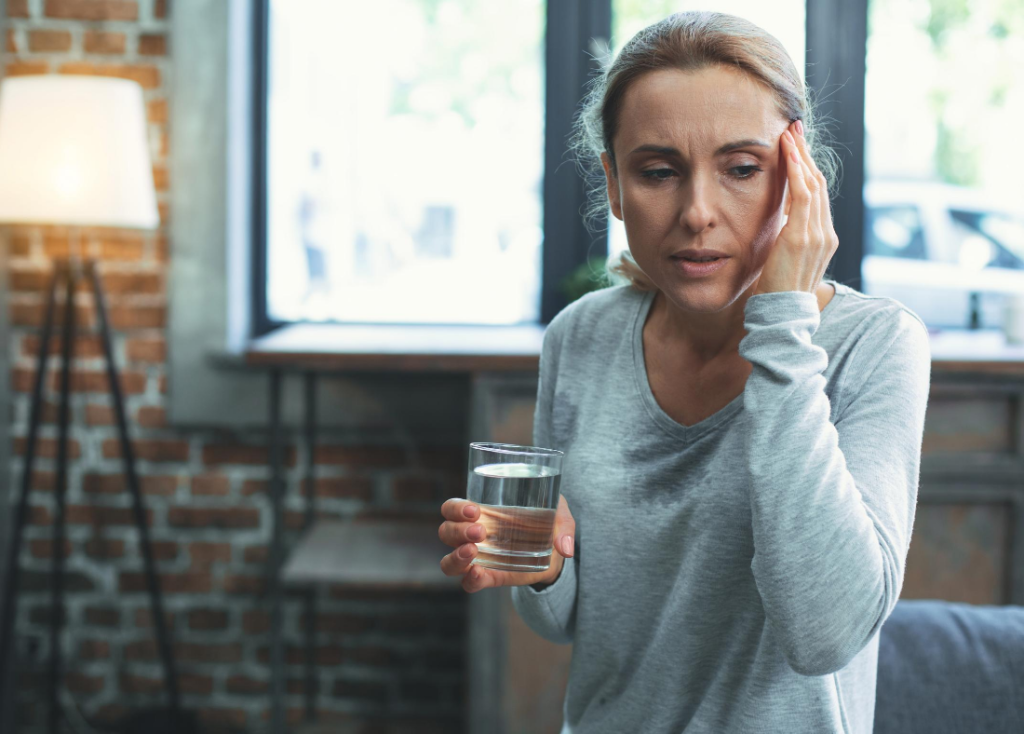Billing Inquiries: 516-673-4706
1 HOLLOW LANE, SUITE 315, LAKE SUCCESS, NY 11042

Menopause Specialist on Long Island
The Women For Women OB/GYN Practice

Women for Women OB/GYN LLC is exactly what our name implies; six female Board-certified/ Board-eligible OB/GYN physicians and one female certified nurse practitioner all working cooperatively to offer the best possible care for women from puberty through menopause. Women for Women OB/GYN provides comprehensive obstetrical and gynecological care from routine check-ups to emergency procedures. We are experts in general obstetric and gynecological care, high-risk obstetrics, laparoscopy, and hysteroscopy. We provide many specialty services including bone densitometry, gynecological sonography, 4-D obstetrical ultrasound, minimally invasive surgery, cosmetic treatments, and personalized wellness consultations. We are equipped to help you with any problems you may face either during pregnancy or for regular gynecology check-ups. We even have a menopause specialist on Long Island who can help you alleviate the worst symptoms of menopause. Contact our office today and learn all the ways we can help you!
Our office is on Hollow Ln and our providers are all on staff at LIJ. Steven and Alexandra Cohen Children’s Medical Center of New York which contains a neonatal intensive care unit is part of LIJ and we work closely with their staff as well. The physicians operate with a team approach. Gynecological patients will have a primary care doctor within our practice, but in an emergency, it is possible that they may be attended to by one of the other physicians. Obstetrical patients will rotate with all of the physicians, as we work as a team to provide the most comprehensive care.
Pregnancy Information

Congratulations on your new pregnancy. You should schedule your first appointment with us at approximately 7 or 8 weeks from your last menstrual period which is when we can visualize your pregnancy on ultrasound. However, please call as soon as you missed your period and/or had a positive pregnancy test to schedule your appointment. If you have a history of early pregnancy complications such as ectopic pregnancy or multiple miscarriages you should schedule an appointment sooner. We realize that you probably have many questions before your visit so feel free to click on the subjects below for some answers. We look forward to meeting you.
What is Menopause?

The menopausal transformation is a normal part of aging. All women who live long enough will eventually experience menopause. The menopause journey has no clear starting or ending point that could last for the rest of your life. Due to the symptoms you may experience, perhaps seeking a gynecologist would be the best option for you. Women For Women Obstetrics and Gynecology is a menopause specialist on Long Island.
Menopause occurs naturally in women and it marks the ending of a woman’s reproductive years and occurs between the ages of 45 and 55. The transition can last up to seven years. However, it can exceed 14 years. It is a new phase in your life where you no longer have to worry about painful menstrual cycles, cramps, or getting pregnant. Menopause is a period after a woman experiences her last menstrual cycle.
Prior to entering the menopausal phase, a woman will experience perimenopause this is the period of time before menopause begins. During this process, the production of progesterone and estrogen begins to slow down. Your cycle may become more irregular, and certain symptoms of menopause start. The length of a perimenopausal phase for each woman varies. It can last up to four years or longer, although, if there are some medications or medical conditions that affect your period, it may be difficult to determine the specific stage of transition.
During menopause, women undergo several physical transitions. The body stops producing certain hormones, for example, progesterone and estrogen, which are hormones made by the ovaries and releasing their eggs.
The last stage that will occur through this transition is postmenopause. Postmenopause is the period of time an individual has not bled for an entire year. In other words, it is the rest of your life after menopause. It is more than likely a woman will experience menopausal symptoms for a decade or longer after the transition. Due to a lower level of estrogen production, postmenopausal women are more susceptible to several health conditions, for instance, osteoporosis and heart disease. Every individual’s experience is different. A woman who is seeing these symptoms may want to contact our menopause specialist on Long Island at Women For Women Obstetrics and Gynecology.
What Are The Major Symptoms of Menopause?
Not only are menopausal transitions physical, but they can take a mental toll on women as well. Physically, women will endure several lifestyle changes, some more problematic than others. Our menopause specialist on Long Island knows all the most common symptoms:

Hot flashes – A hot flash is a sudden feeling of warmth in the upper body. It is usually the most intense on the neck, chest, and face. A hot flash can cause a lot of sweating, and your face and neck may redden. Following a hot flash, you might feel chilled afterward. This is common and happens at any time during the night and it may be mild or strong enough to wake you up, which is known as the night sweats. Usually, hot flashes last between 30 seconds and as long as 10 minutes. It is a frequent process that can happen several times a day, a few times an hour, or just once or twice a week. During a hot flash, you also might have:
- Rapid heartbeat
- Feelings of anxiety
- A flushed appearance, red or blotchy skin
Mood changes – Unfortunately, mood swings are a normal part of menopause. If you are feeling more irritable or moodier, there are a number of conditions that can cause these feelings. Up to 70 percent of women say that irritability is their most common feeling emotionally. Women would describe becoming less tolerant and more annoyed about situations that have not bothered them before. They may even result in crying or feeling weepy. Sadly, another serious symptom of menopause is depression. Studies show that roughly one out of every five women is affected by depression as they progress through menopause.

Vaginal health and loss of bladder control – Both the vagina and external parts of the genitals are affected during menopause. Because there is less estrogen can cause the tissues of the vulva to and the lining of the vagina to become thinner, drier, and less elastic. This is known as vaginal atrophy. Due to the lack of lubrication, women may experience pain during intercourse or vaginal tearing, bleeding, or injury. Declining levels of estrogen also lead to an increased vaginal pH, which results in making the vagina less acidic. Discomfort from this condtion can be so intense that women will avoid intercourse. On the other hand, you could experience other bladder problems, for instance, urinary incontinence. Many women during menopause have a sudden urge to urinate. The lining of the urethra, the tube that empties the bladder, becomes too thin. As a result, your pelvic floor, the muscles that support the urethra, and the bladder, weaken. Women will experience other forms of incontinence as well, such as stress incontinence, urge incontinence, nocturia, and painful urination.
Your body may feel different – There are several body changes when undergoing menopause. Many women gain weight during the transition. There is no scientific evidence that menopause is solely responsible for weight gain. Your waist perhaps will get wider, you can lose and gain muscle fast, or your skin can get thinner. Menopause can greatly affect your memory and joints as well as they could become more stiff and achy. Additionally, in some women, some symptoms are so severe that they can experience aches and pains, headaches, and heart palpitations. Since menopausal symptoms are caused by changing hormone levels, it is uncertain how often women will have hot flashes or other symptoms and how severe they will be. Talk with any menopausal specialist on Long Island at Women For Women if these symptoms are disrupting your everyday life. The severity of symptoms differs greatly based on environmental factors, race, and ethnicity.
If you are experiencing symptoms that greatly affect your daily activities, consider seeking a physician at Women For Women Obstetrics and Gynecology.
Is There Any Way to Relieve Menopause Symptoms?

Many women know the causes and symptoms of menopause; however, what are the ways to relieve their symptoms. In order to relieve symptoms of menopause, an individual will have to endure several lifestyle changes. Women For Women Obstetrics and Gynecology offer several options to treat menopause. For instance, hormone replacement therapy for menopause. This is a treatment in which it relieves common symptoms to address long-term biological changes like bone loss. This process involves the use of progestin, a synthetic hormone.
If you choose not to take synthetic hormones and would prefer a natural approach, here are some natural remedies that can relieve menopausal symptoms.
Eat foods high in calcium, and vitamin D – Studies show that foods rich in calcium and vitamin D are linked to good bone health. In postmenopausal women that have an adequate intake of vitamin D, there is a lower chance of hip fractures due to weak bones. You can find vitamin D and calcium-rich foods in all kinds of green, leafy vegetables such as kale, collard greens, and spinach. Additionally, they can also be found in tofu, beans, sardines, fish, eggs, cereal, fruit juices, or milk alternatives. Although our main source of vitamin D is from the sun, as you age, your skin gets less efficient at making it. If you choose to cover up or avoid sunlight, consider either taking a supplement or increase your intake of food high in calcium and vitamin D.
Maintain a healthy weight – Because it is common to gain weight during menopause, it is significant to achieve healthy body weight. Most women during menopause gain excess body fat, especially around the waist. As a result, this increases an individual’s risk of developing diseases such as heart disease and diabetes. According to one study of 17,473 postmenopausal women, they found that those who have been able to shed at least ten pounds of weight off a year are more likely to eliminate common symptoms of menopause like hot flashes and night sweats. If you are struggling to lose weight, consider trying a low-carb diet, going vegetarian, or other lifestyle changes like getting quality sleep or finding ways to relieve stress.
Avoid trigger foods and drinks – Unfortunately, there are certain foods that can trigger hot flashes, night sweats, and mood swings. Drinks that contain caffeine and alcohol and foods that are sugary and spicy are common triggers for menopause. The bottom line is if you feel that particular foods trigger your symptoms, consider reducing your consumption, or avoid them completely.

Drink enough water – Menopause commonly triggers dryness in women. This is likely caused by a decrease in estrogen levels. The average person should drink about 8 to 12 glasses of water a day. Drinking the right amount of water can relieve these symptoms. Not only does it relieve symptoms, but it can also reduce bloating that can occur with hormonal changes. Drinking water can increase metabolism and, as a result, can help prevent weight gain and facilitate weight loss.
Do not skip meals – Skipping meals can potentially worsen certain symptoms. By doing this, it can hinder weight loss efforts and trigger other symptoms like mood swings. A year-long weight loss study showed that postmenopausal women skipping meals was associated with 4.3 percent less weight loss.
If you are struggling to relieve your menopause symptoms, consider scheduling an appointment with a menopause specialist on Long Island at Women For Women Obstetrics and Gynecology.
Can a Doctor Help With Menopause?
Keeping up with regular visits with your doctor during this primitive time. Menopause does not require any medical treatment, although there are treatments that focus on relieving symptoms. These treatments may include:

Hormone therapy – Menopausal Hormone Therapy, also known as postmenopausal hormone therapy and hormone replacement therapy, is a treatment that doctors use to relieve common symptoms of menopause. These kinds of treatments can address long-term biological changes, for example, bone loss. The process of menopausal hormone therapy involves the treatment of simply estrogen or progestin, a synthetic hormone that has some biologic effects of progesterone.
Vaginal estrogen – A common symptom of menopause is vaginal dryness. Because of dryness, sex can be uncomfortable. To relieve dryness, estrogen is administered directly to the vagina with the use of vaginal cream, tablet, or ring. Estrogen, therefore, is released and absorbed in the vaginal tissues. Other over the counter medications to treat vaginal discomfort can be a water-based vaginal lubricant that can make sex more comfortable. For example, prasterone, which is approved by the Food and Drug Administration (FDA), is a medicine applied to the vagina once a day.
Low dose antidepressants – Doctors can prescribe antidepressants for women experiencing mood disorders. Certain antidepressants called selective serotonin reuptake inhibitors (SSRIs), a type of medicine usually to treat depression, approved by the FDA, may decrease menopausal hot flashes.
Gabapentin (Neurontin, Gralise, and others) – Women who can not use estrogen therapy would be prescribed Gabapentin. Although Gabapentin is used to treat seizures, it has been approved to help reduce hot flashes.
Medications to prevent or treat osteoporosis – Depending on a patient’s needs, specialists may recommend some medications to prevent or treat osteoporosis. These medications are available in order to help reduce bone loss or risk of fractures. Your menopause specialist on Long Island also can prescribe vitamin D supplements to help strengthen your bones.
Contact Our Menopause Specialist on Long Island
Here at Women For Women Obstetrics and Gynecology, we are menopause specialist on Long Island based in New Hyde Park, Long Island, and strive to go above and beyond for each patient. We offer a wide range of services, whether it is a 3D/4D ultrasound, cosmetic treatments, or minimally invasive surgery. Our name is self-explanatory as we are an all-women staff practice. Women face a lot of occurrences that disrupt our daily lives, and we feel it is our responsibility to ease your journey. Your health is our priority. For more information, please visit our website.

